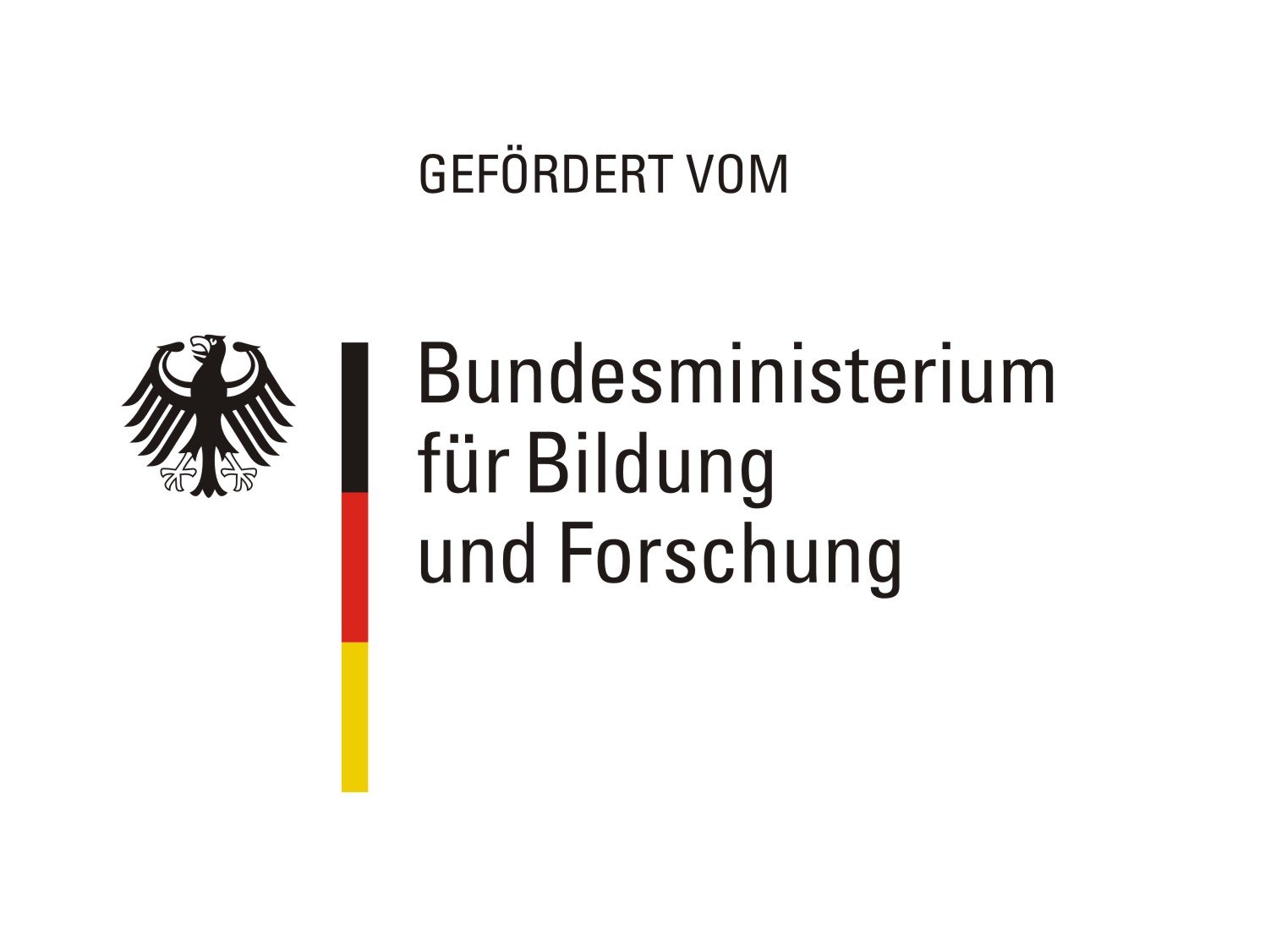Information for
international students
Information for
international students
Jobbing
Earning money alongside studying is a way of life for many students in Germany. For lots of international students a side job is an important means of subsistence. However, for students who do not come from the EU or EEA countries, work is restricted. Mostly, knowledge of German language skills are often required.
International students who do not come from the EU, EEA or Switzerland are allowed to work 140 full or 280 half days or alternatively 20 hours per week in a year. To do this, they do not need authorisation from Aliens Office. If you want to work more than 140 full or 280 half days or 20 hours per week, you need the approval of the Aliens Department.
International students from third countries are only allowed to work as self-employed persons with the permission of the foreigners authority! In some residence titles, the permission for self-employment is already noted and does not have to be applied for separately.
One exception, however, is the occupation of academic, student assistant or tutor at the Studentenwerk. As long as your studies are not impaired by it, this work can be carried out for an unlimited period of time. However, the Aliens Department must still be informed.
Basically, students from the European Union, the EEA and Switzerland stand practically on equal terms with German students and have free access to the German job market. You are regarded as a regular student and not as an employee if your job during term time contains no more than 20 hours a week.
An important note: As soon as EU-, EEA-students and students from Switzerland take up a student part time job or a paid internship, they have to apply for German health insurance. Only a few countries offer to keep students insured when they take up a part time job or a paid internship. Ask your insurance fund about it.
If you do not come from the EU, the EEA or Switzerland and have an internship in Germany, it counts as normal work – even if the internship is unpaid. Every day of your internship will be subtracted from your 120 days.
For example, if you have already worked 140 days (280 half days), you must get authorisation from the Aliens Department to be allowed to do an internship.
The only exceptions are internships that are a compulsory part of your studies.
If you work in Germany, you need a tax identification number. After your address registration, you will receive your personal tax identification number automatically by post.
Basically: different types of employment require different social insurance contributions.
Minor occupation = 538 Euro job = mini-job
If, as a student, you have long term employment for which you do not earn more than 538 Euro per month, the so called mini-job rule applies: Mostly, you do not have to pay taxes and you can choose not to pay contributions towards the state pension.
Mini-jobs are advertised by the employer in the mini-job centre. You have to pay taxes if you have two or more part-time jobs or mini-jobs at the same time and your employer registers you with income tax class 6.
More than a minor occupation
In Germany, if you regularly earn more than 538 Euro per month in your job, certain deductions will be made automatically from your salary; for students, these are the pension insurance contributions and taxes. If the income remains below the basic tax-free amount, the income tax paid can be refunded via the income tax return.
What percent of your income is deducted as a pension insurance contribution depends on the amount of your income.
Students who work less than 20 hours per week can remain insured by their student insurance. When working more than 20 hours per week, students will have to pay contributions to pension insurance, as well as health and unemployment insurance.
Working during term holidays ("lecture-free time")
If the employment of students is limited exclusively to the lecture-free period ("semester break"), it generally remains exempt from social insurance. The amount of income and the duration of the weekly working time are irrelevant.
The employment has to be limited by contract in advance or limited accroding to the type of employment.
If the job is carried out only during lecture-free time, students do not have to pay any additional health insurance contributions, even if they work more than 20 hours a week.
The obligation to pay contributions towards the state pension may not be applicable if the employment is limited to a maximum of 3 months or 70 working days per year.
Casual work, contract for services, freelance or self-employed
Sometimes students are offered work on a freelance basis. In this case, your employer or contractor will ask you to submit an invoice, or you agree on a contract for services.
However, you must report the self-employment activity as well as the income generated from it to the tax office and file an income tax return.
Attention: International students who do not come from the EU or the EEA may only carry out self-employed activities with the permission of the foreigners authority! Permission should be unproblematic in particular if this activity is not in addition to, but as an alternative to, employment, especially if this is common practice in the field of study. In some residence titles the permission for self-employment is already noted and does not have to be applied for separately.


